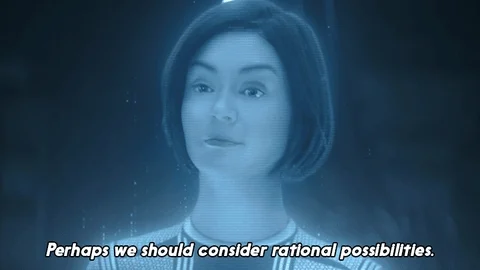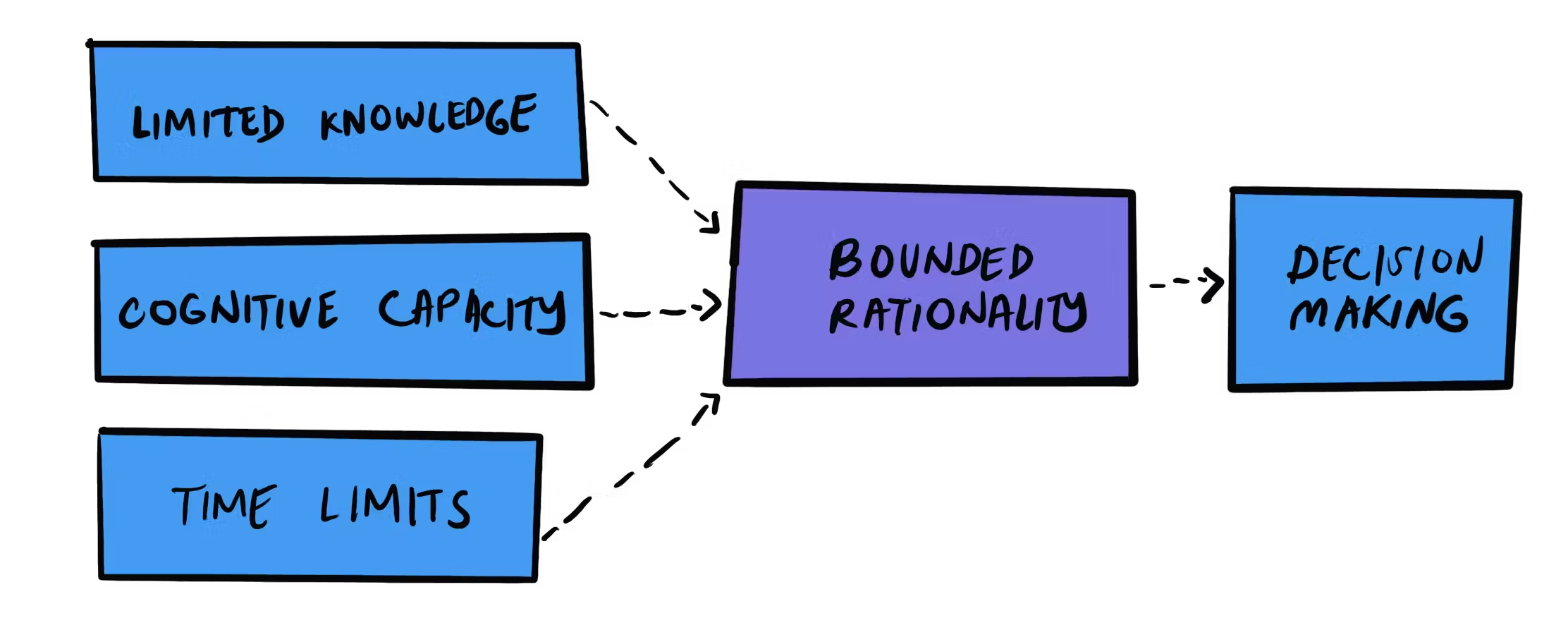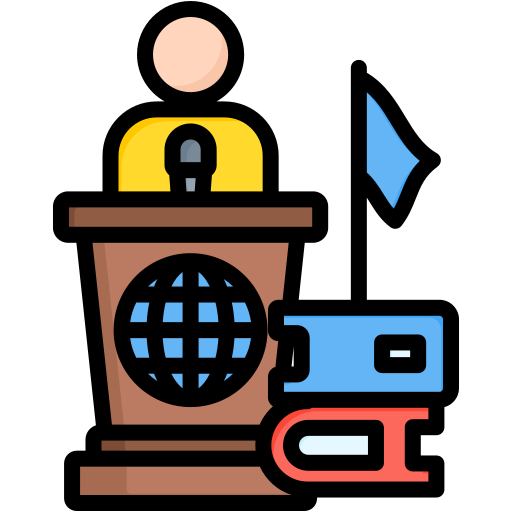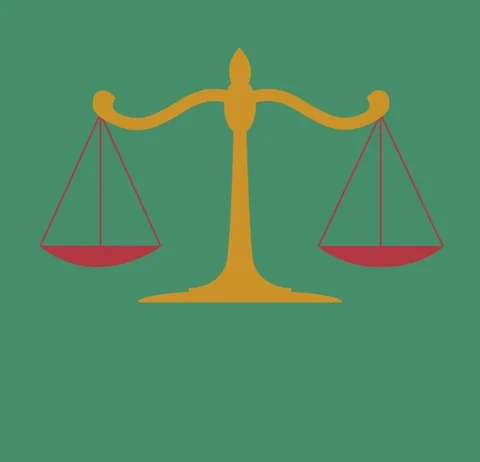Humans don't always make rational decisions.
When you're shopping for food, do you stick to what you recognize, or do you calculate the best combination of price, quality, and nutritional value for each item?
When you vote, do you often rely on party loyalty, a candidate’s appearance, or a single issue instead of evaluating the policies and record?
 Photo by Beth Macdonald on Unsplash
Photo by Beth Macdonald on UnsplashThese are examples of bounded rationality. We often make decisions that aren't fully rational, but "good enough."
Learn to identify how this influences our decisions and how to make better decisions.
Bounded Rationality: Definition & History
Bounded rationality is a concept that suggests our decision-making abilities are constrained by various factors, including limited information, time constraints, and cognitive limitations.
In 1957, American economist and political scientist Herbert A. Simon came up with the term and questioned the idea that people always make logical choices based on all the facts. Instead, people make decisions based on the limited amount of information at their disposal.

Characteristics of Bounded Rationality
 Diagram courtesy of The Decision Lab. To hear an audio description of the diagram, click the play button on the audio player below:
Diagram courtesy of The Decision Lab. To hear an audio description of the diagram, click the play button on the audio player below:
Bounded rationality explains that we cannot make completely rational decisions due to:
Limited knowledge: Decision-makers might not have all the right information, may have wrong or biased facts, or might not fully understand what their choices could lead to.
For example, a manager chooses a materials supplier for their business without knowing there's a cheaper, better one available.
Cognitive capacity: Bounded rationality means people have limited brainpower, focus, and ability to handle information. So, they can't always look at everything or think through every outcome before making a decision.
For example, a shopper buys a product based on the first few reviews instead of reading them all.
Time limits: Real-world decision-making often involves time pressures, making it difficult to fully explore all options and consider their long-term consequences.
For example, a doctor makes a quick diagnosis during a busy shift without checking every possible cause.
These factors of bounded rationality all lead to:
"Satisficing": Instead of trying to find the absolute best option, people settle for a solution that is "good enough".
Quiz
Jessica needs to find a project tool for work. She has a tight deadline. After looking at a few search results, she chooses a familiar tool. Which factor(s) of bounded rationality does she demonstrate?
When is Bounded Rationality Used?

Economics
Bounded rationality challenges the idea that people always make perfectly logical financial decisions.
People might overspend on credit cards, even if it’s not financially smart, because they underestimate future costs.

Political Science
Bounded rationality explains why real-life political decisions, like voting or budgeting, don’t always match predictions, since people aren't fully rational.
Voters often face complex political decisions with limited time, information, and mental energy. Instead of thoroughly analyzing each candidate's full policy platform, many rely on shortcuts like focusing on a single issue (taxes, abortion, climate change) or responding to a candidate’s emotional appeal, such as charisma, confidence, or personal story.

Psychology
It helps us understand why we use mental shortcuts (heuristics) and make biased decisions, especially when dealing with uncertainty.
Someone might avoid flying after hearing about a plane crash, even though flying is statistically safe.

Organizations & Public Administration
It shows how businesses and governments make decisions within limits — affected by information overload, internal structures, and human judgment.
A government agency may stick to outdated procedures because changing them is too complex and time-consuming.

Policy-Making
Bounded rationality helps design better policies by simplifying choices, using nudges and adjusting processes to match how people actually think and decide.
A city government might simplify recycling by using color-coded bins, helping residents make better decisions without needing to understand all the rules.
Quiz
James is selecting courses for next semester. He only has 30 minutes, and the course descriptions are long and hard to compare. What is he most likely to do, based on bounded rationality?
Bounded Rationality Quiz: Who Is Using It?
In everyday decisions, we often can't evaluate every option perfectly — there's limited time, information, or mental capacity. Instead, we aim for a "good enough" choice.
As you take this quiz below about four people buying a phone, look for behaviors that show someone is making a reasonable decision within real-world limits — not acting impulsively, obsessing over perfection, or handing the choice off to someone else.

Amina spends several weeks analyzing every possible smartphone model on the market, comparing over 50 reviews and product specs to find the absolute best option.

Jane chooses a phone that meets her basic needs — good battery, decent camera, within budget — after browsing for about 30 minutes, knowing she doesn't have time to evaluate every option.

John quickly picks the first phone he sees because it's on sale and has a fantastic advertisement.

Tyrone asks his friend what phone he has and buys the same model. He is too busy to do research and trusts his friend.
Quiz
Which of the four people is using bounded rationality well to make their decision?
Using Bounded Rationality: Advantages & Disadvantages

Bounded rationality helps people make practical decisions when time or information is limited, but it can also lead to bias or inconsistency. The key is knowing when to apply it— used wisely, it can lead to more efficient choices.

Realistic decision-making: shows how people make choices in real life, without perfect info or endless time.
Saves time and effort: helps make decisions faster by aiming for “good enough” solutions instead of perfect ones.
Eases mental load: takes into account our limited brainpower, making choices less overwhelming.
Flexible and adaptive: uses simple rules (heuristics) that work well in changing or uncertain situations.
Works in complex situations: great for messy problems where full analysis isn’t possible or practical.

Not always the best outcome: using limited info means the best option might be missed.
Bias and shortcuts: relying on mental shortcuts can lead to judgment errors, like anchoring or confirmation bias.
Inconsistent quality: decisions can vary depending on someone's mood, experience, or knowledge.
Narrow focus: may miss long-term effects or bigger-picture issues by focusing only on what’s immediate.
Hard to explain: in groups or workplaces, “good enough” choices can be tough for you to justify under pressure.
Bounded Rationality Case Study
BrightBean, a sustainable coffee startup, is launching an eco-friendly iced coffee can. With limited time, budget, and data, the team must quickly decide on pricing, packaging, and promotion. The CEO pushes for a “good enough” choice to beat competitors to market.

Using the principles of bounded rationality, which approach should BrightBean take to make the best strategic decision for their product launch? Remember, when making decisions under pressure, we rarely have perfect information, unlimited time, or endless resources.

A. Make a decision based on available data, team experience, and fast prototyping, aiming for a launch with room to adjust based on early customer feedback.

B. Delay the launch to collect full market research data, simulate all possible market conditions, and model pricing for every group to ensure the best launch strategy.

C. Base launch decisions on a gut feeling from the CEO, who isn't convinced by the data. The CEO has a track record of success.

D. Copy the same launch strategy used successfully by a larger competitor. If it worked for them, then it will work for BrightBean.
Quiz
Which of these approaches uses a bounded rationality approach effectively?
Take Action
 Photo by Kid Circus on Unsplash
Photo by Kid Circus on UnsplashRemember, bounded rationality means that people make decisions with limited time, information, and mental ability, so they often use shortcuts instead of perfect logic.
Use bounded rationality to make better choices in everyday life:
Your feedback matters to us.
This Byte helped me better understand the topic.
